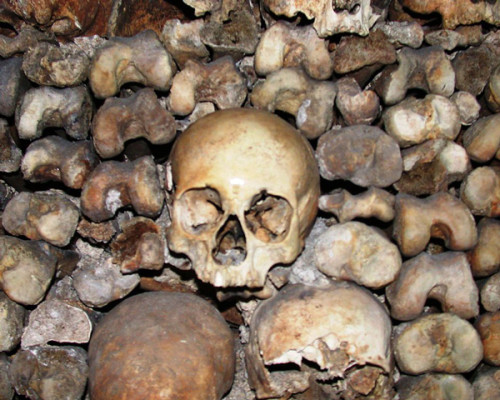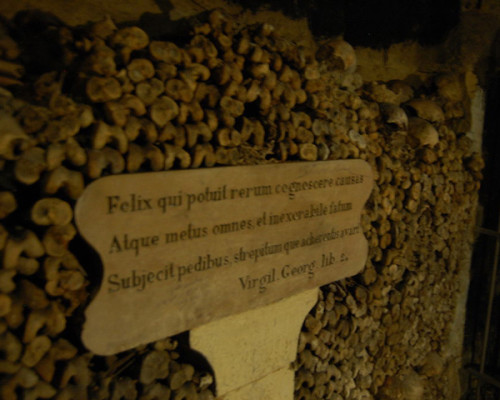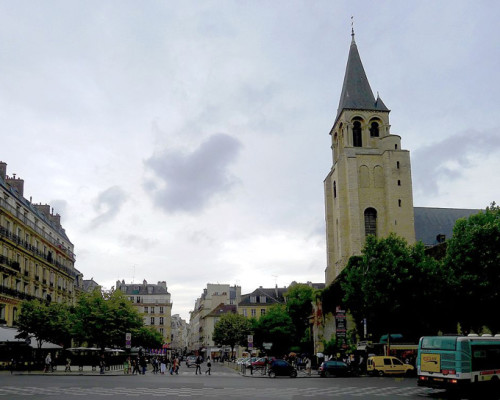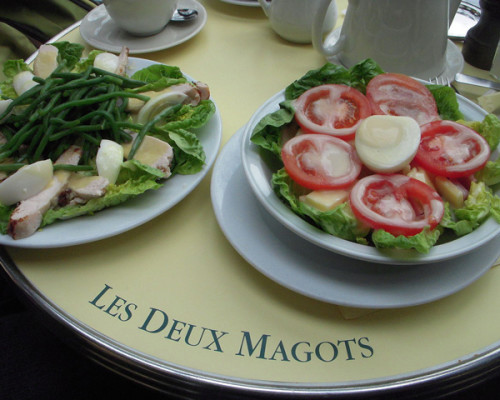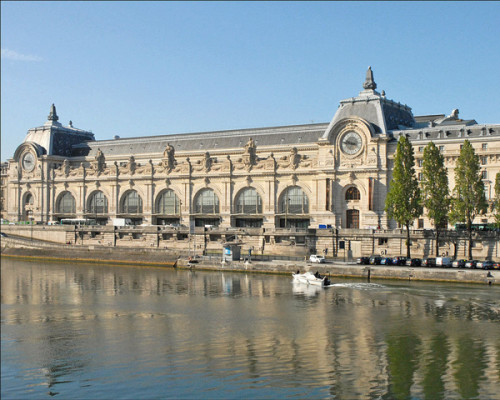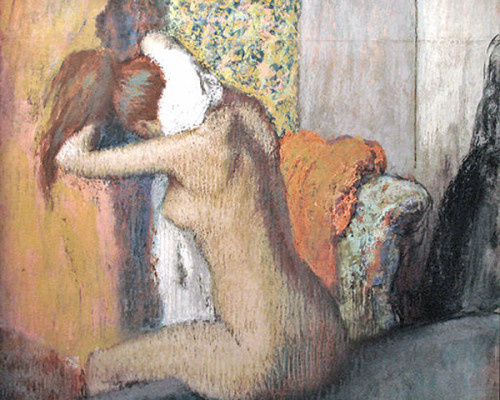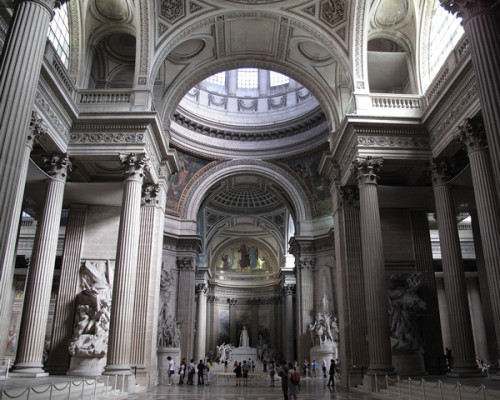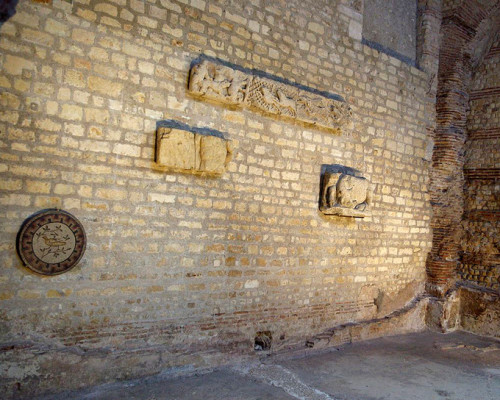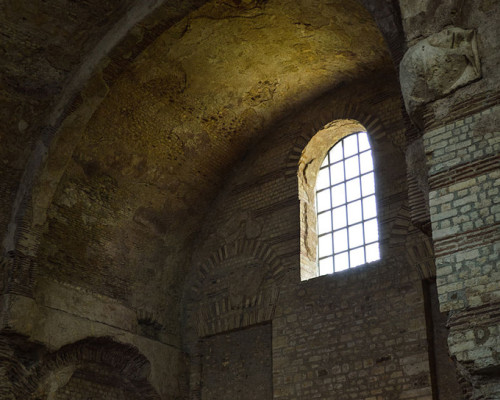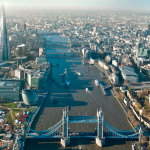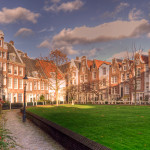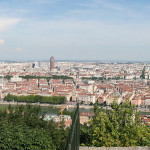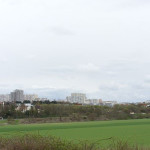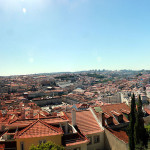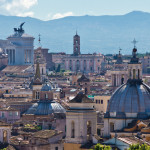
03 Jan Paris
Paris is one of the most significant European metropoles and an important center of gastronomy, fashion, art and architecture. The city has appr. 2,2 million residents, while the whole metropolitan area has over 12 million. It is straddling the Marne and Seine rivers, and these two rivers join at the Charenton-le-Pont in the 12th arrondissement.
The Celtic tribe Parisii inhabited the city area from around the middle of the 3rd century BC, and the city was named after them. The Roman Empire conquered the Paris basin in 52 BC and the Gallo-Roman town was originally called Lutetia, which became a prosperous city with a forum, baths, temples, and an amphitheatre. Clovis the Frank, the first king of the Merovingian dynasty, made the city his capital from 508. Under the rule of the Capetian kings, Paris gradually became the largest and most prosperous city in France. At the time of the sparkling French Revolution in the 18th century, Paris was the center of all the action and terror of the revolutionary regime.
Significant areas
The city of Paris is divided into 20 arrondissements, arranged in a clockwise spiral from the centre of the city (which is known as Kilometre Zero and is located at the front of Notre Dame).
– 1st arrondissement. The centre area of Paris and an excellent starting point. Famous places like the Louvre, the Jardin des Tuileries, and Les Halles are located here.
– 7th arrondissement. The Eiffel Tower, the Musée d’Orsay and the Les Invalides
– 18th arrondissement. Montmartre, Pigalle, and the Église Saint-Jean-de-Montmartre can be found here.
What to do and see in Paris
Catacombs
This complex of underground ossuaries, a part of tunnels, ” the quarriers of Paris”, is located south of the former city gate at Place Denfert-Rochereau. As a former mine area and burying place of remnants of 6 million people from several Paris cemeteries, it is now one of the 14 museums of the City of Paris and visitors can join the guided tours. Chalkstone tunnels, walls made of human skulls and bones, and underground interior attracts thousand and thousand tourists per year – as well as local members of the underground rave culture and cataphiles.
Saint Germain des Près
This area is located around the church of the former Abbey of Saint-Germain-des-Prés, in 6th arrondissement, and is famous for its tiny cafés. It was the headquarters of the existentialist movement and in cafés like Les Deux Magots or Café de Flore, a visitor can sip coffee or pastis sharing the same atmosphere that Jean-Paul Sartre, Simone de Beauvoir and other French intellectuals enjoyed so long ago. The Mabillon and Saint-Germain-des-Prés stations of the Paris Métro are nearby.
Musée d’Orsay
This idyllic museum at the Rue de Lille, on the left bank of the Seine river, houses the most remarkable collection of impressionist and post-impressionist artwork in the world, including painters like Monet, Renoir and Van Gogh. It also holds collections of architecture, decorative arts and photography. An irresistible attraction for an art-enthusiastic mind. Opening hours
Pro tip: With the Paris Pass, a visitor has free access to most of the significant museums and other attractions.
Panthéon
This Neoclassicist building in the Latin Quarter, the 5th arrondissement, is a secular mausoleum containing the remains of distinguished French citizens. It was constructed between 1758 and 1790. By burying its great people in the Panthéon, the French nation acknowledges the honour it received from them. As such, interment here is severely restricted and is allowed only by a parliamentary act for “National Heroes”.
From 1906 to 1922 Auguste Rodin’s famous sculpture The Thinker was here. Among those buried in its necropolis are Voltaire, Jean-Jacques Rousseau, Victor Hugo and Émile Zola.
Thermes de Cluny
These ruins Gallo-Roman thermal baths in the 5th arrondissement are partly an archeologic site, and partly incorporated into the Musée national du Moyen Age.
The ruins in their present condition constitute about one-third of a massive bath complex that is believed to have been constructed around the beginning of the 3rd century. The best preserved room is the frigidarium with intact architectural elements such as Gallo-Roman vaults, ribs, consoles and fragments of original decorative wall painting and mosaics.
Recreation
- The Nuxe Spa (32-34 rue Montorguei, Châtelet – Les Halles district). Since 2002, this luxurious spa has been active in a former wine warehouse. The Relaxing and tepid vaulted stone cellars give a visitor a view of the historical Paris together with therapeutical spa treatment. 13 treatment rooms, including two doubles, as well as a ‘sensorial’ pool in stone with a temperature of 35°C, offers a rare chance to relax just a few steps from Les Halles.
- Baja Bikes offers guided bicycle tours for reasonable prices.
Buy
- The shopping districts avenue Montaigne and the Champs-Élysées in the area from Porte Maillot to George-V, are well-known for their wide assortment of haute couture and luxury fashion, selling products from e.g. Louis Vuitton, Ralph Lauren and Dior.
- Aésop (256 rue Saint-Honoré). This boutique sells treatments for hair, skin and body, offering herbal and natural products without any animal ingredients, added colours or synthetic fragrances.
- Puces de Montreuil (Avenue du Professeur André Lemierr). This flea market in the Nation district is an excellent place to look for second-hand clothing or nearly anything else one might need.
Photos: With the CC licence / Stefan Krause, Germany, Mark Jaroski, Foreade, (WT-shared) Riggwelter, Mbzt, BKP, Jean-Pierre Dalbéra, Velual, Piero d’Houin, Francisco Anzola, Traumrune, Stefan Krause, Germany
| Pariisi, Ranska | 8°C broken clouds | |
Wind
3 m/s, SW
Humidity
97%
Pressure
743.31 mmHg | ||
Top 5 in Paris
- Strolling in catacombs
- Cafés in Saint Germain des Près
- Musée d’Orsay
- Panthéon
- Pubbing in bistros of Pigalle
How to get in Paris
The nearest international airport is the Charles De Gaulle Airport, located 25 kilometres northeast of the city. A list of its airlines is here. RER commuter train lines operate between the airport and the city, and it has stations in the T3 terminal (from where you can take the free CDGVAL shuttle train to T1) as well as in the T2. Trains stop at Gare du Nord, Châtelet-Les Halles, Saint-Michel Notre-Dame, Luxembourg, Port-Royal, Denfert-Rochereau and Cité Universitaire.
There is no central railway station in Paris. Here is a list of the major railway hubs in the city:
- Gare du Nord, (10th), Métro: Gare du Nord – TGV trains to and from Belgium, the Netherlands, and Cologne, Germany (Thalys), and the United Kingdom (Eurostar) and regular trains from Northern Europe. Passengers coming in by train from the Charles de Gaulle Airport can also get off here.
- Gare d’Austerlitz, (13th), Métro: Gare d’Austerlitz – regular trains to and from central and southwest France (Orléans, Toulouse the long route), and Limoges), Spain and Portugal and the majority of the night trains.
- Gare de l’Est, (10th), Métro: Gare de l’Est – ICE/TGV to and from Luxembourg, Saarbrücken, Kaiserslautern, Frankfurt, and Stuttgart, Munich in Germany.
- Gare de Lyon, (12th), Métro: Gare de Lyon – regular and TGV trains to and from Southern and eastern France: French Alps, Marseille, Lyon, Dijon, Switzerland (by TGV Lyria): Geneva, Lausanne, Neuchatel – Bern – Interlaken, Basel – Zurich, and Italy.
- Gare de Bercy, (12th), Métro: Bercy. Overnight trains to and from Italy as well as regular trains to Auvergne.
- Gare St Lazare, (8th) Métro: St-Lazare – trains to and from Basse-Normandie, Haute-Normandie.
- Gare Montparnasse, (15th), Métro: Montparnasse-Bienvenüe – TGV and regular trains to and from the west and south-west of France (Brest, Rennes, Nantes, Bordeaux, Toulouse the fastest route and Spain).
The SNCF (French national railways) operates train lines between Paris and all the major French cities.
Eurolines and Megabus operate bus lines between Paris and several European metropoles.
Several highways link Paris with the rest of France: A1 and A3 to the north, A5 and A6 to the south, A4 to the east and A13 and A10 to the west.
How to get around in Paris
- Paris has an excellent underground train system, the Métro. There are 16 Métro lines (lignes) (1-14, 3bis, and 7bis). The fully automated line 14 is called the Méteor.
- There are also many suburban train lines (Transilien) departing from the main train stations. The journey planner, a map of the public transport system, and the ticket prices are visible here.
- Vélib operates as a communal bike rental service around the city.

